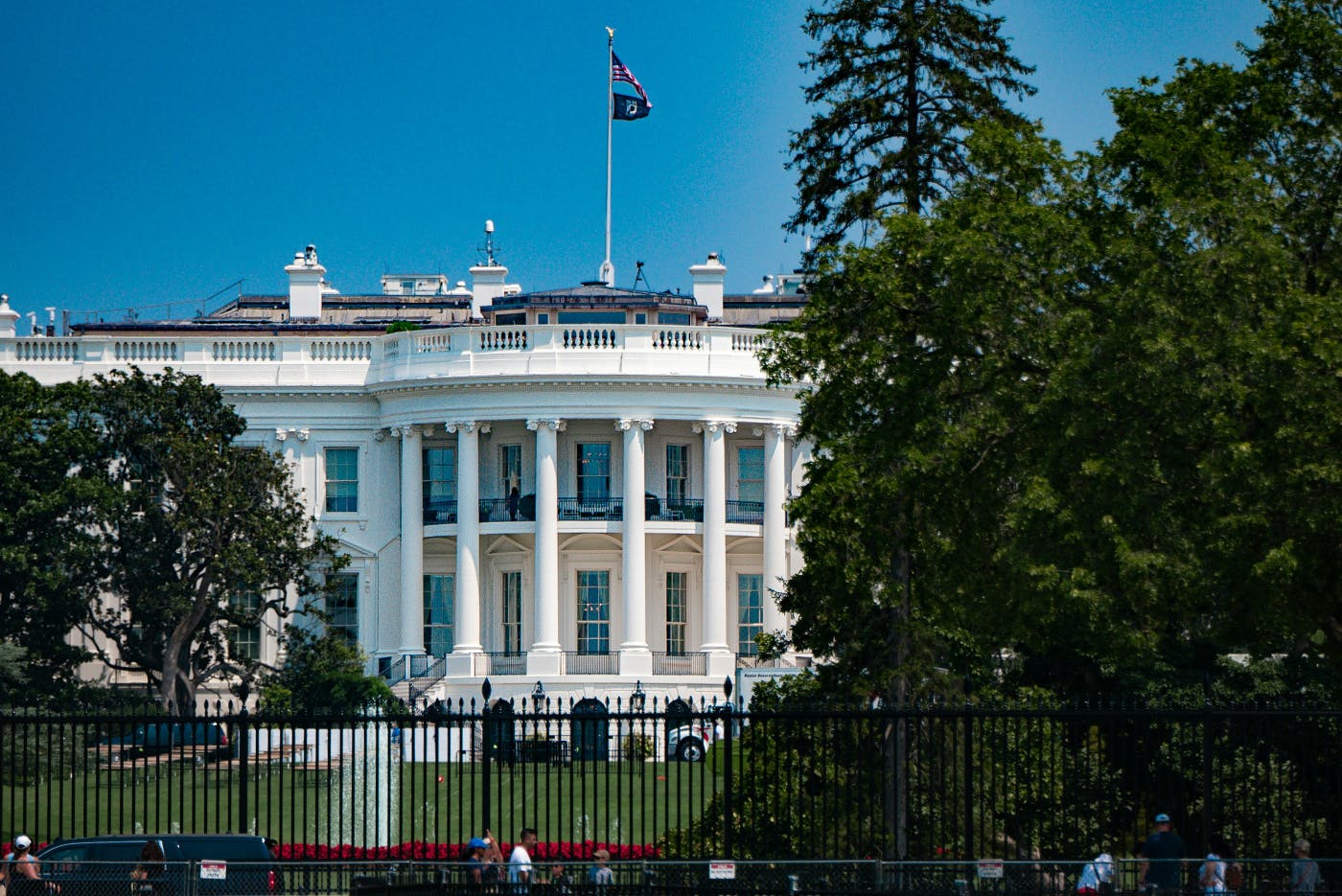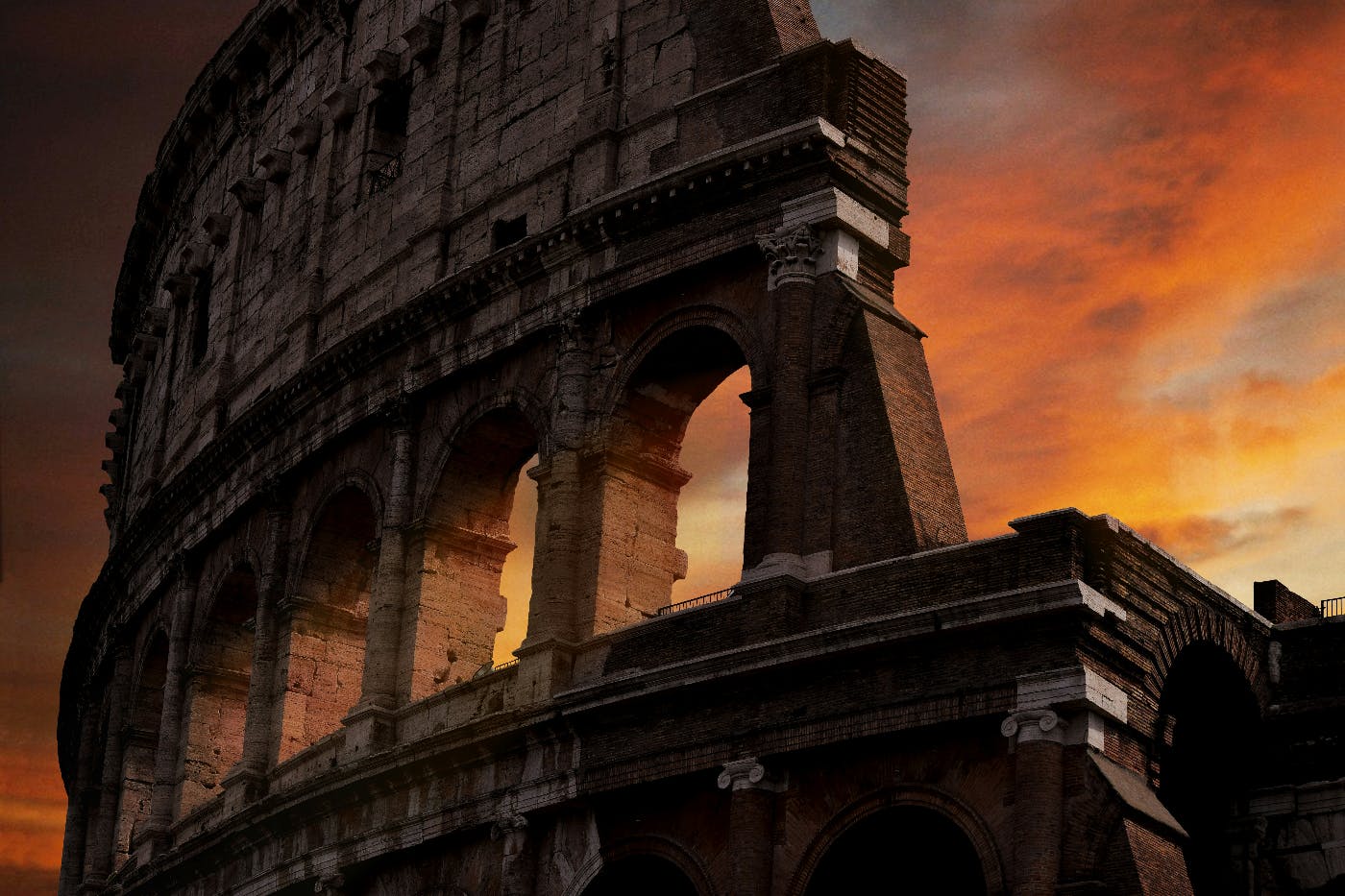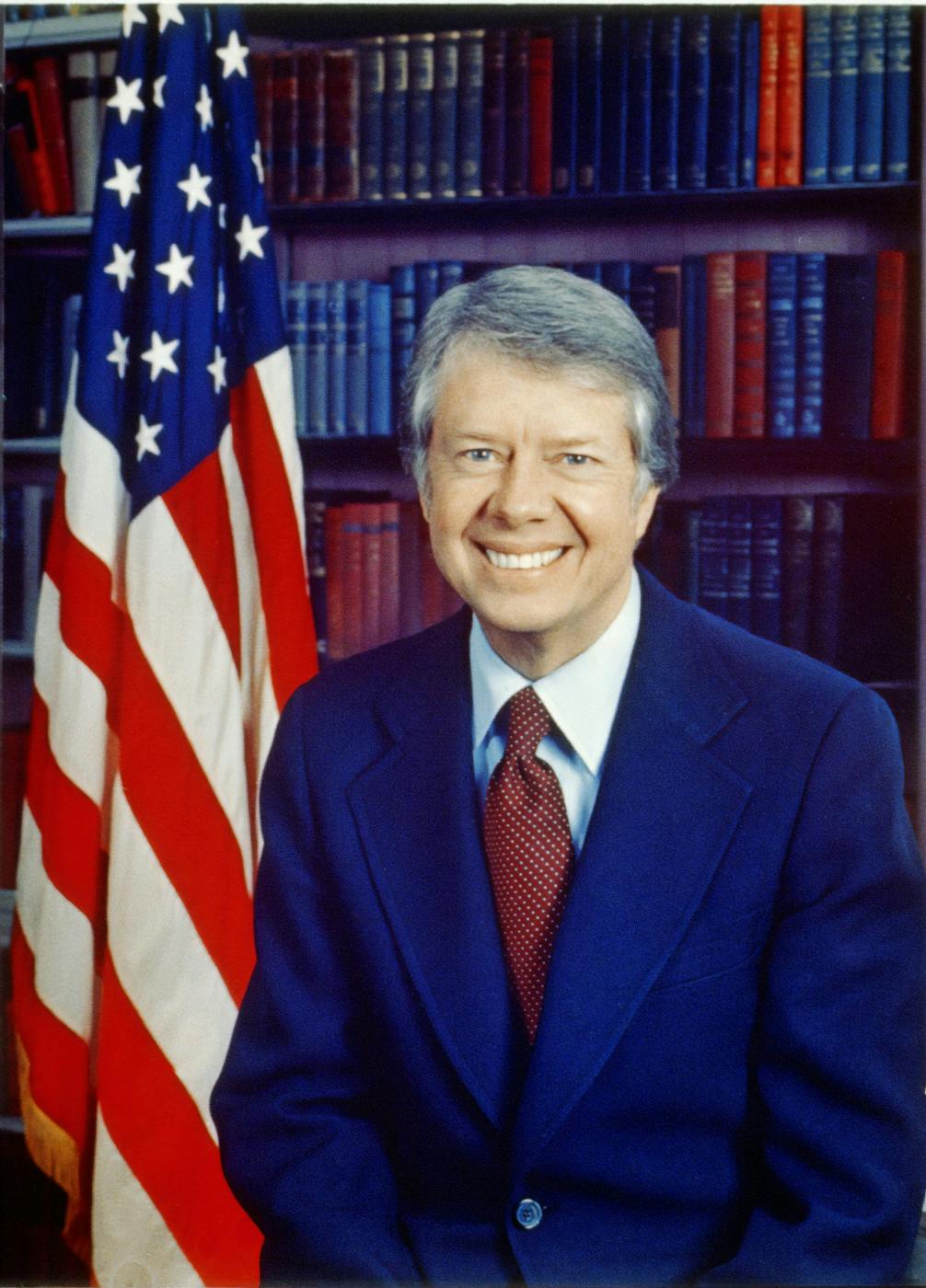
Today, we pause as a nation to honor the life and legacy of former President Jimmy Carter, a man who managed to turn decency and humility into political superpowers—something rarer than a bipartisan handshake these days.
Today, we pause as a nation to honor the life and legacy of former President Jimmy Carter, a man who managed to turn decency and humility into political superpowers—something rarer than a bipartisan handshake these days.
Jimmy Carter wasn’t just a president; he was that rare breed of politician who made you believe in the possibility of good governance. In a world where humility is often mistaken for weakness, Carter stood as a reminder that you could lead with your principles intact—a bit like finding out your favorite actor is also an incredible chef. As the 39th President of the United States, he championed peace, human rights, and environmental stewardship—values that would come to define his post-presidential life just as much as his time in the Oval Office.
For decades after leaving Washington, Carter became the gold standard for what a former president could be: a tireless advocate for the poor, a hands-on builder with Habitat for Humanity, a Nobel Peace Prize laureate, and—let’s not forget—a man who still found time to teach Sunday school in Plains, Georgia. Because why rest on your laurels when you can show up to class with a Bible and a hammer?
Jimmy Carter’s story began in Plains, Georgia, a town so small it probably didn’t need traffic lights. Born into modest circumstances, he grew up on his family’s peanut farm, where he developed a deep respect for hard work and the land. These early experiences would profoundly influence his political philosophy, emphasizing integrity, responsibility, and service. It’s almost poetic that the man who grew up among peanuts would one day become a national treasure.

Carter’s path to the presidency wasn’t a straight shot. After serving in the Navy and returning to Georgia to run the family business, he entered state politics, eventually becoming governor. His tenure was marked by progressive stances on racial equality, earning him respect and criticism in equal measure in a changing South. Imagine trying to bring people together while they’re still arguing about where to sit on the bus—Carter managed to do it with grace and conviction.
When Jimmy Carter ran for president in 1976, the nation was reeling from the Watergate scandal and a pervasive distrust in government. Carter’s promise of honesty and transparency resonated with Americans hungry for a leader who could restore faith in public institutions. He brought a refreshingly unpolished authenticity to the campaign trail, famously declaring, "I’ll never tell a lie." You have to admire the audacity of that promise, especially in politics. This straightforwardness and moral conviction endeared him to voters and set him apart in an era of political cynicism.
As president, Carter faced a series of formidable challenges, from stagflation and an energy crisis to the Iranian hostage situation. Yet, his administration also achieved significant milestones. He brokered the Camp David Accords, a groundbreaking peace agreement between Egypt and Israel that remains a cornerstone of Middle East diplomacy. He prioritized human rights as a cornerstone of U.S. foreign policy, placing moral considerations above political expediency. And while his efforts to address climate change and promote renewable energy didn’t fully catch on at the time, let’s just say he was the guy trying to convince everyone to recycle while the rest of us were still throwing cans out the car window.

However, Carter’s presidency wasn’t all smooth sailing. His insistence on principled governance often clashed with the realities of Washington politics, leading to strained relationships with Congress and criticism from both parties. His single term in office ended amidst economic turmoil and a perception of ineffectiveness. Yet, history has been kinder to Carter, with many of his initiatives gaining renewed appreciation for their foresight and moral courage.
What truly sets Jimmy Carter apart is what came after his presidency. In many ways, his post-White House years were his finest hours. Eschewing the trappings of wealth and power, Carter returned to Plains, where he led a life of remarkable simplicity and service. He founded the Carter Center with his wife, Rosalynn, an organization dedicated to advancing human rights, promoting democracy, and combating disease. The Center’s efforts have improved millions of lives worldwide, from eradicating Guinea worm disease to monitoring elections in emerging democracies.
Carter’s hands-on approach to service was perhaps most visible in his work with Habitat for Humanity. Well into his 90s, he could be found swinging a hammer and building homes alongside volunteers, exemplifying his belief that everyone deserves dignity and shelter. This image of a former president—a Nobel laureate and global statesman—working shoulder-to-shoulder with ordinary citizens became emblematic of his character. It’s hard not to smile at the thought of a former president covered in sawdust, proving that no job is beneath you if it helps someone else.
Beyond his tangible accomplishments, Carter’s legacy lies in the values he embodied. He demonstrated that leadership is not about power but about service, not about ego but about empathy. He reminded us that politics, at its best, is a means to uplift and unite rather than divide. His unwavering commitment to his faith informed every aspect of his life, guiding him to act with integrity and compassion, even in the face of criticism.

Jimmy Carter’s humility was perhaps his most disarming quality. Despite his global stature, he remained deeply rooted in his community. He taught Sunday school at Maranatha Baptist Church for decades, drawing visitors from around the world who came to hear his words of wisdom and witness his extraordinary ordinariness. He was as comfortable engaging with world leaders as he was chatting with neighbors in Plains, never losing sight of the common humanity that binds us all.
Today, as we reflect on his passing, we are reminded of the extraordinary impact one life can have. Jimmy Carter’s story is a testament to the power of purpose and the enduring value of kindness. He showed us that greatness is not about the loudest voice or the grandest gestures but about the quiet, consistent work of making the world a better place.
In a time when public discourse often feels fractured, and hope can seem elusive, Carter’s example shines as a beacon of what is possible. He taught us that decency and principle are not relics of the past but enduring virtues that can guide us forward. He reminded us that each of us has the capacity to contribute to the greater good, no matter our station in life.
As we say goodbye to Jimmy Carter, we carry forward the lessons he imparted. We honor his memory not just by mourning his loss but by striving to live up to the ideals he championed. Whether through acts of service, a commitment to justice, or a simple act of kindness, we can all honor his legacy in our own way.
Rest in peace, President Carter. Your life was a gift to this world, and your legacy will continue to inspire generations to come. May we all strive to live as you did—with courage, compassion, and an unwavering belief in the goodness of humanity.

